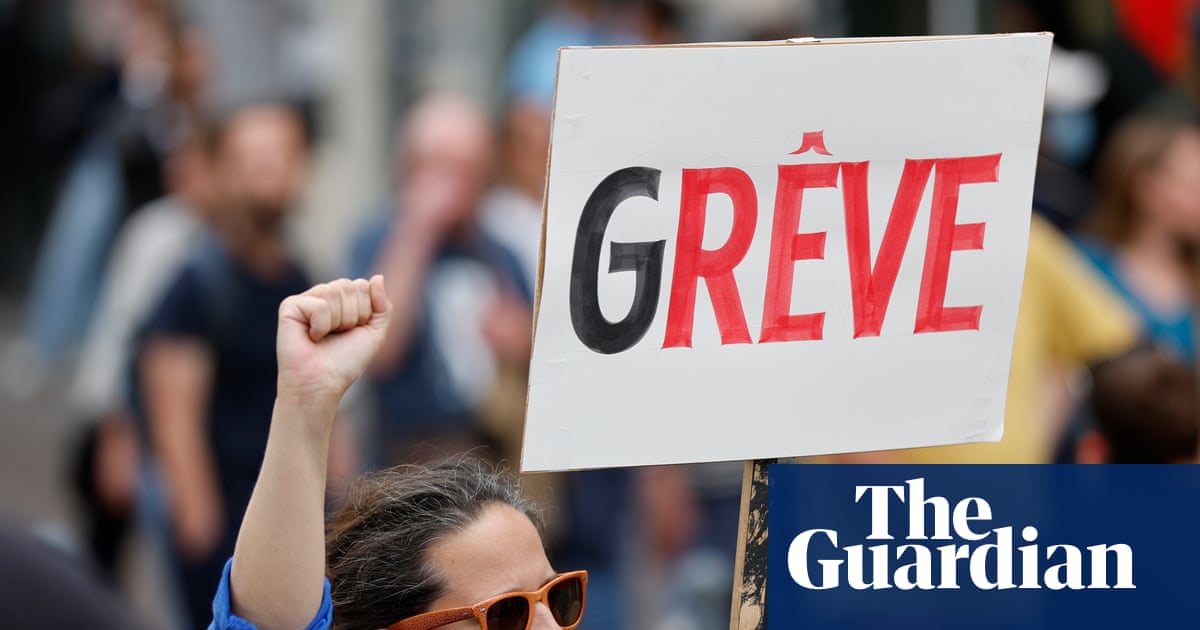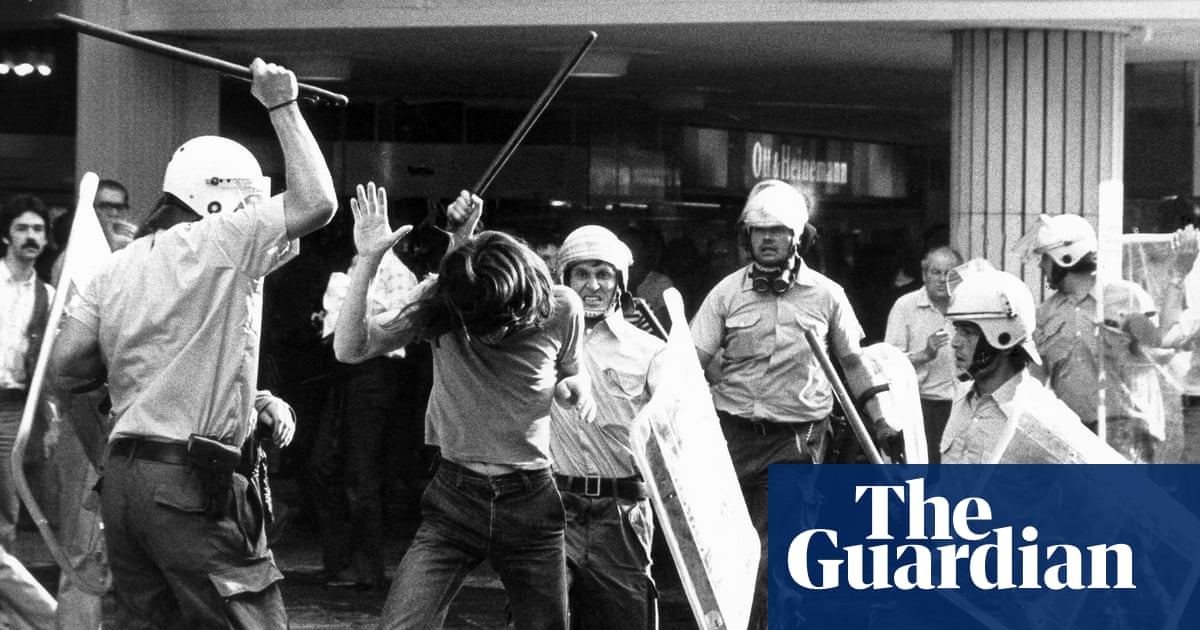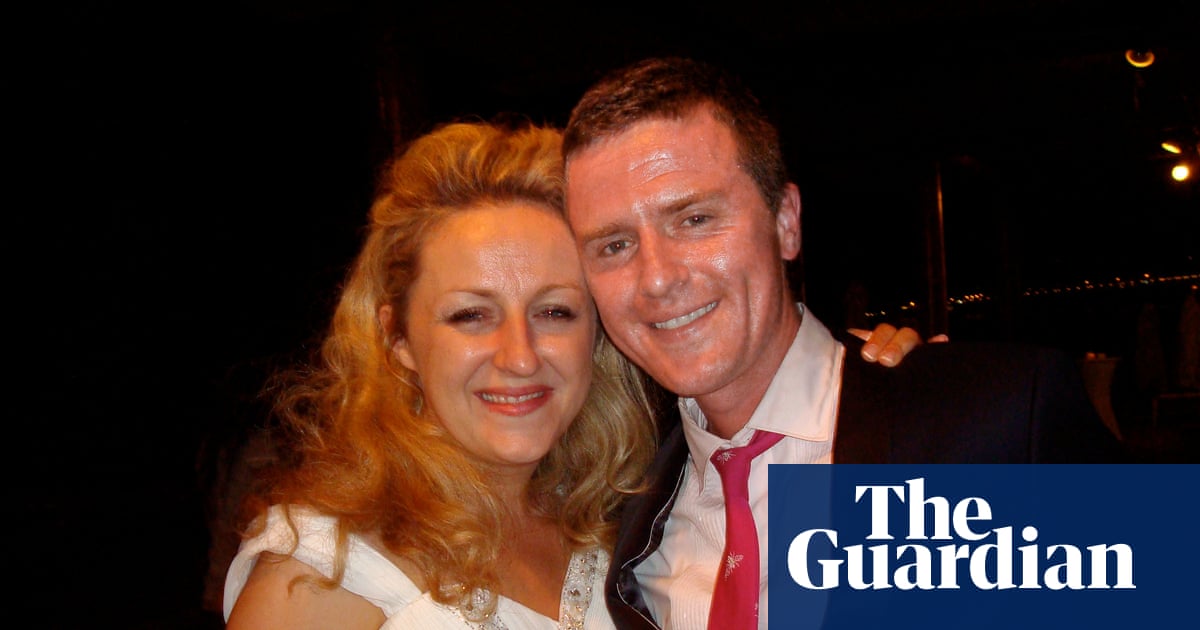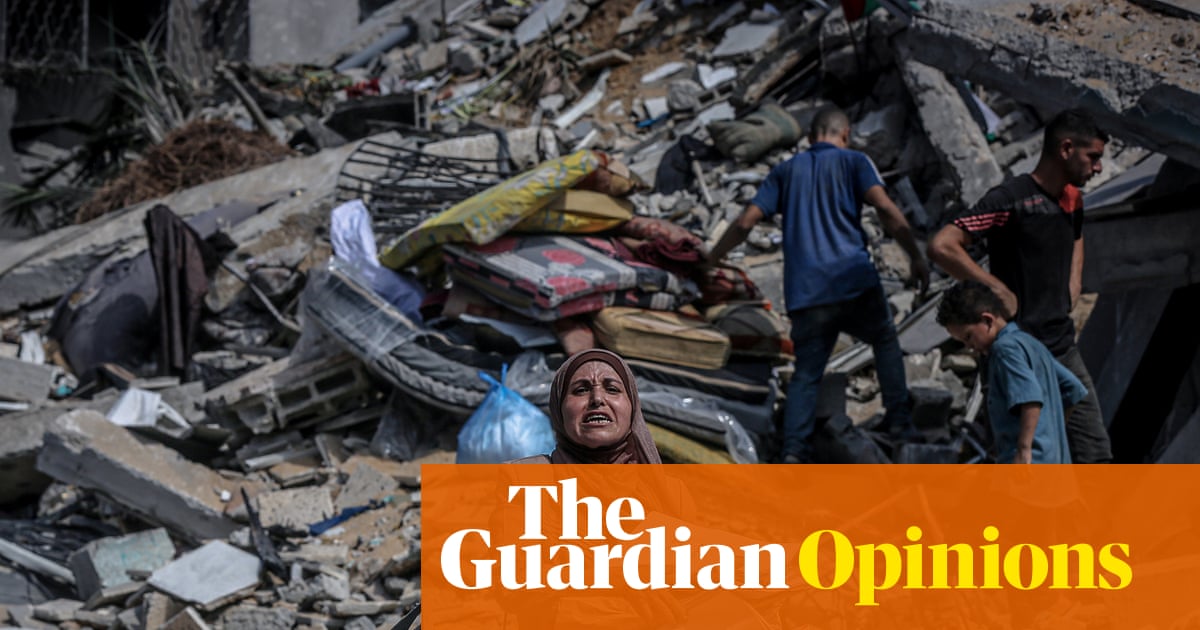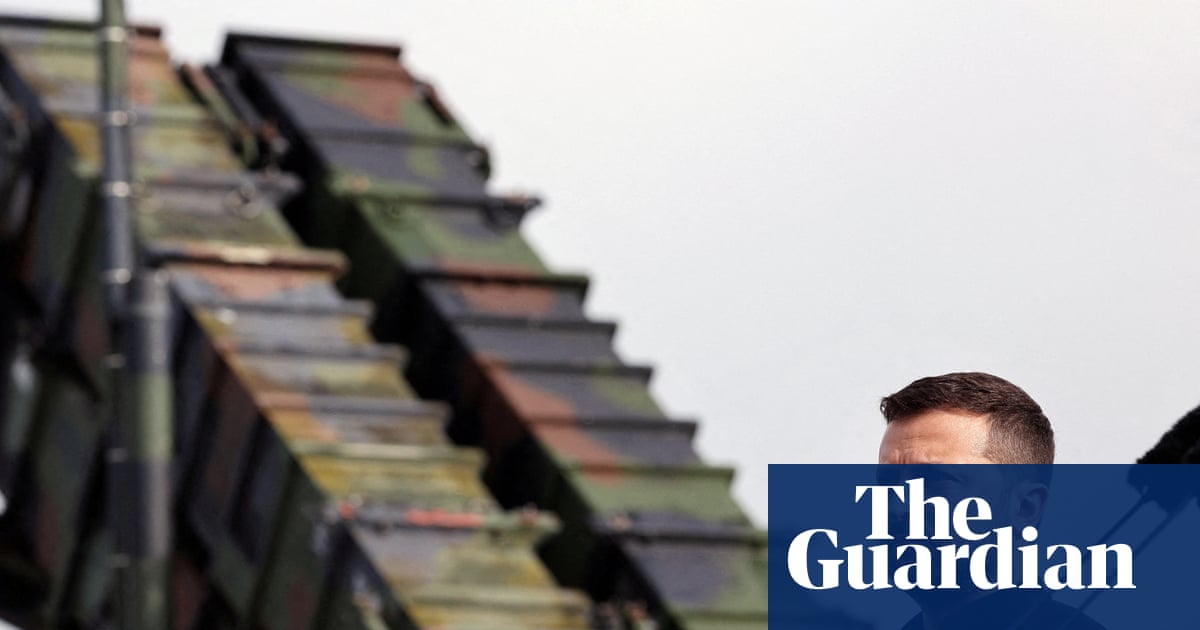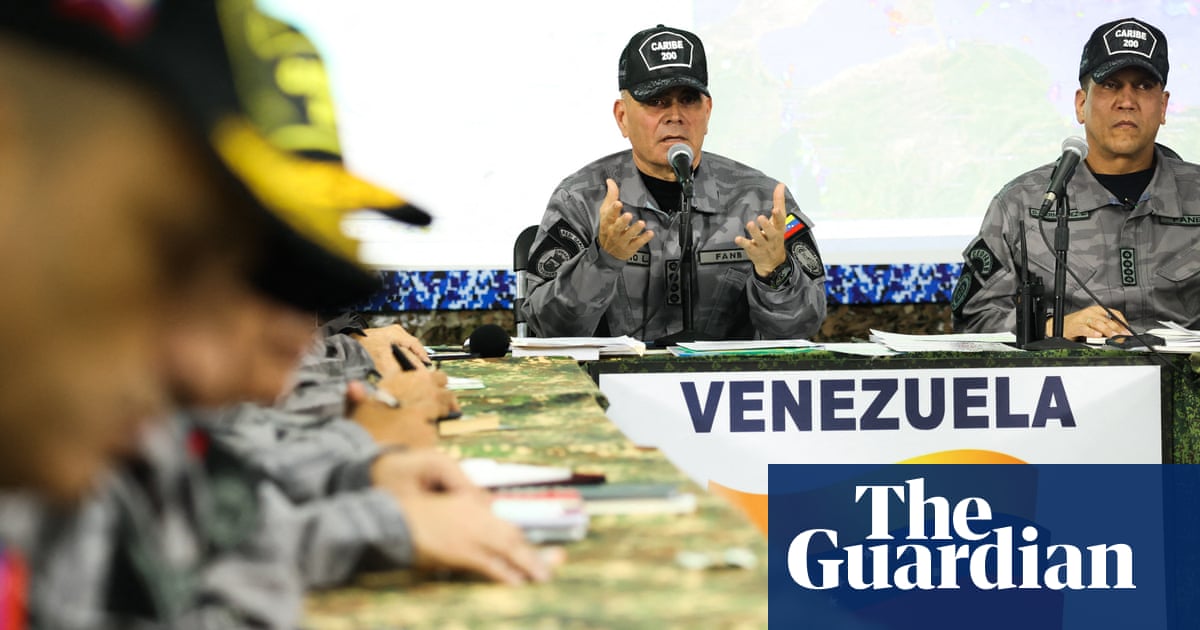When David Lammy stood at the dispatch box to deliver a statement condemning Israel’s killing of starving civilians in Gaza on Monday, he was met with anger from MPs.
“We want action, and this is not action,” thundered one Labour MP. “Is this it?” another questioned. “At what point does our basic humanity require us to take stronger action? Many of us think the red line was passed a long time ago,” a third said.
The fury across the Commons was evident. “Are words enough?” asked one veteran Tory. A second accused Lammy of “complicity by inaction” and warned it could land him at The Hague. A Lib Dem highlighted that repeated UK expressions of regret had not prevented further carnage.
A clearly despairing Lammy attempted to reassure the politicians the government was playing its part. “Me raising my voice will not bring this war to an end. I lament that and I regret that. But am I sure that the UK government are doing everything in our power? Yes, I am.”
But as international condemnation of Israel over the horrors it is inflicting on starving Palestinian civilians grows, Keir Starmer’s government is struggling to convince the British public that it is doing enough.
The outrage in the Commons is reflected across the country more widely, with the public increasingly regarding Israel’s response since the October 7 attacks as disproportionate, as the atrocities continued.
The government have been on the defensive, pointing out that it has restored funding to the UN agency UNWRA, provided millions in humanitarian assistance, sanctioned far-right Israeli ministers and those who committed settler violence, and broken off trade negotiations with Israel.
But it has struggled to explain its export licensing regime. Ministers insist they have stopped the sale of arms, despite there still being more than 300 licences in operation. These include, they say, body armour sent to protect NGO workers, chemicals for Israeli universities and components for goods which are then transported to Nato allies.
In particular, there is anger at the UK decision to allow the export of F-35 fighter jet components to Israel, which ministers argue is unavoidable because they are part of a global programme over which the UK does not have unilateral control.
It exposes serious weaknesses in the regime and some believe the government should go further – with a fuller export embargo and an end to all military co-operation with Israel. Lammy has only recently sought to explain that RAF flights that overfly Gaza do not share information to help Israel conduct the war. “We are not doing that. I would never do that,” he said this week.
Starmer is also under pressure to immediately recognise a Palestinian state, both from his own back benches, within his cabinet and from the wider diplomatic community.
Ministers say the UK will “play its part” in working towards formal recognition, with a UN conference led by the French and Saudis later this month a key moment. Privately, they warn the move would only be symbolic unless there is a ceasefire first. But for many, who think the UK should be matching France’s more hardline stance, that is not a good enough reason not to. “If not now, then when?” one cabinet minister said.
The government has stated it could issue more sanctions – with calls to do so against senior Israeli military officers, government ministers and even Benjamin Netanyahu himself. But that has not happened yet. Nor have suggestions it might expel the Israeli ambassador been heeded. “That’s unserious,” said one insider.
The UK has also backed away from declaring that Israel has broken international law, insisting that while the government believes it is “at risk” of doing so, it is up to the international courts to reach that judgment. Aides cite the same reason for avoiding the term “genocide” to describe the horrors unfolding in Gaza.
Back in the Commons on Monday, the criticism kept coming. “The will of the House is clear on this matter: it wants action, not words. Why are you not hearing that?” a Labour MP asked. “How could I not?” the foreign secretary responded.
But while Lammy may have got the message, he appears to remain restricted by both the caution of the UK prime minister, and the realpolitik that there is only one foreign power that could single-handedly force an end to the conflict: the US.
“I wish we could, but the truth is … we are unable to do that just as the United Kingdom,” he told MPs. “We have to work in partnership with our allies.” But for many, that will not be enough.

 1 month ago
33
1 month ago
33
